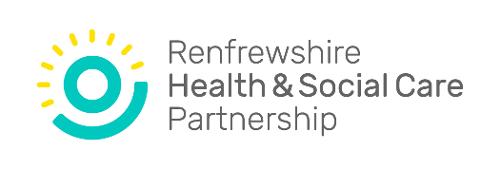
A mobile support unit has been launched in Renfrewshire in an attempt to reduce drug-related deaths and harm in the area.
The Harm Reduction Response Team (HaRRT) has been set up to engage with people affected by drug and alcohol use and to support people who are not yet accessing treatment and care services.
It allows those at risk access to the free supply and disposal of injecting equipment, blood testing, wound first aid alongside the training and distribution of Naloxone, which is used to reverse the effects of an opioid overdose.
John Campbell, Injecting Equipment Provision Manager for Alcohol and Drug Recovery Services at NHS Greater Glasgow and Clyde, said: "Every drug death within our communities is one too many and NHS Greater Glasgow & Clyde continues to work in conjunction with Renfrewshire Health and Social Care Partnership (HSCP), Renfrewshire Council and Renfrewshire Alcohol and Drug Partnership to reduce the harm that substances can have.
"Alcohol and drugs can have a severe impact on people's lives if they do not have support or access to the relevant care services available to them. HaRRT provides a safe and confidential environment within the community and will help signpost users to treatment programmes that can assist with addiction issues.
"Having this service available in Renfrewshire will be a welcome addition to the services already in place across the area."
The flexible and accessible manner of the van will assist in reducing the risk of drug related harms and will help proactively link individuals to treatment and support services they may not be aware of.
Although a large proportion of people visiting the service may be substance users, Renfrewshire Health and Social Care Partnership will provide advice on how they can be safer when taking drugs, while offering support and care opportunities.
Karen Reynolds, Service Manager for Renfrewshire's Alcohol and Drugs Recovery Service, said: "HaRRT is one of many forward-thinking exciting service developments for Alcohol and Drugs Recovery Services in Renfrewshire, with the central aim of moving services to the heart of local communities.
"The flexible and agile ability of how HaRRT can respond to local needs and the close working relationships with many Renfrewshire partners, hopes to reduce the harm and the negative impact associated with problematic alcohol and drug use.
"Unfortunately, sometimes those most in need are not always in the care of services so the hope is that HaRRT will begin to bridge this gap and connect people into treatment."
HaRRT is part of the Alcohol and Drugs Change Programme that oversees work to meet the recommendations of the Renfrewshire Alcohol and Drugs Commission, the first one of its kind to look at both harm caused by alcohol and drugs.
ENDS




